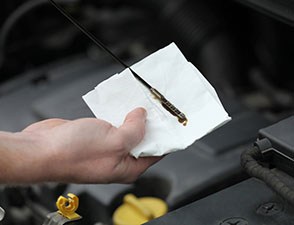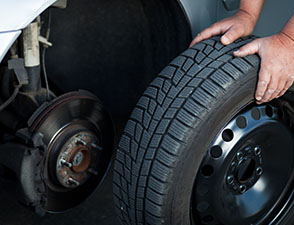Synthetic oil is distilled, purified and broken down to the basic molecules as well as being refined. This allows the oil molecules to be tailored to meet the needs of modern engines. This enables synthetic oil to keep your engine cleaner, protect better under high temperatures, flow better in low temperatures (like Saskatchewan winters) and offer advanced engine wear protection. There are different additive packages included in different types of synthetic oil to meet the needs of a specific engine. Synthetic oil costs more to produce and is therefore higher in price than conventional oil. It allows for longer service intervals and better performance where conventional oil would break down from heat or thicken in the cold. Clavet Service offers engine oil services for both synthetic and conventional engine oil. Our Maintenance Consultants can assist you in choosing the right oil for your vehicle’s engine based on manufacturer’s guidelines, taking into consideration the vehicle’s intended use and environment.







